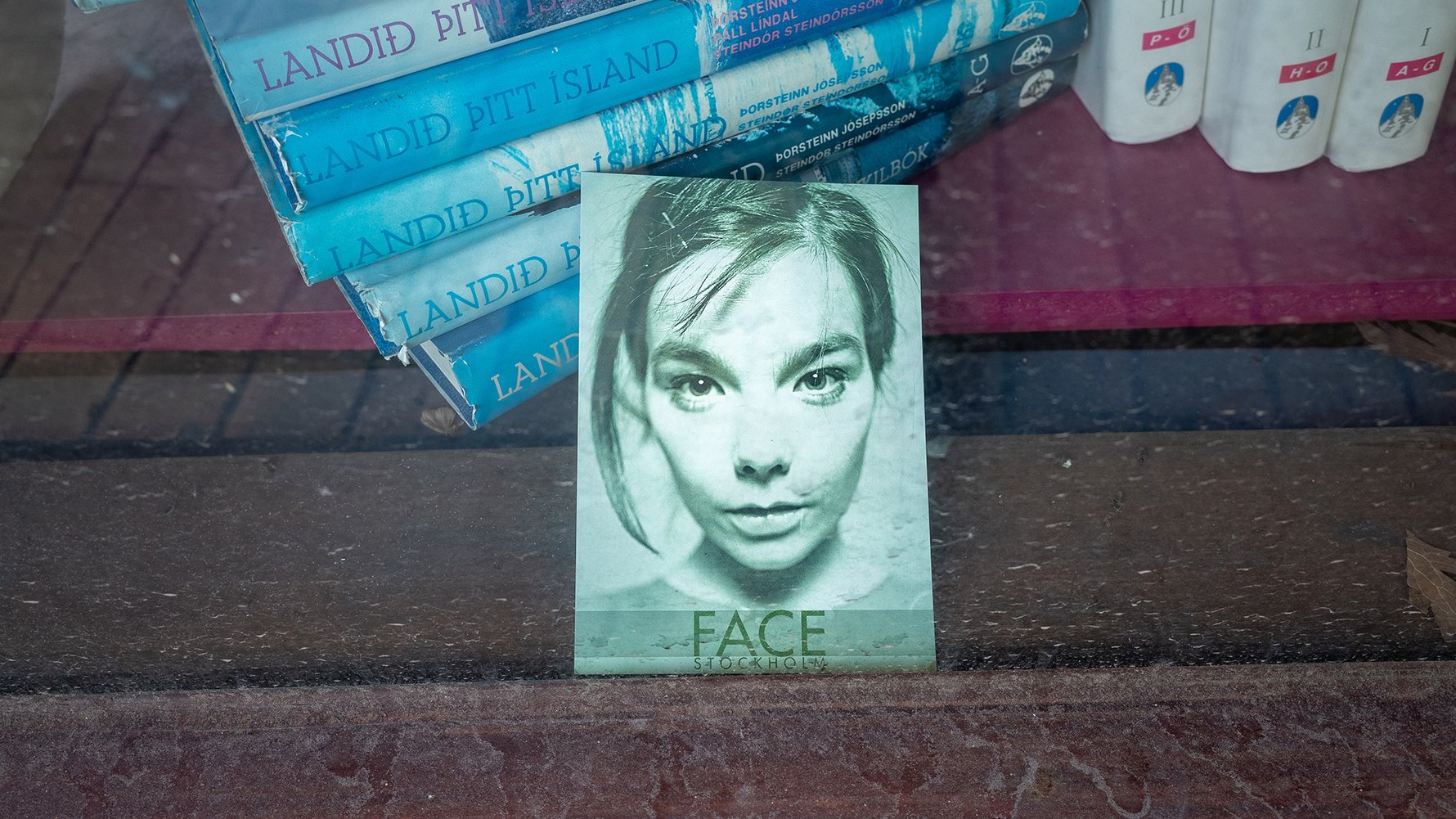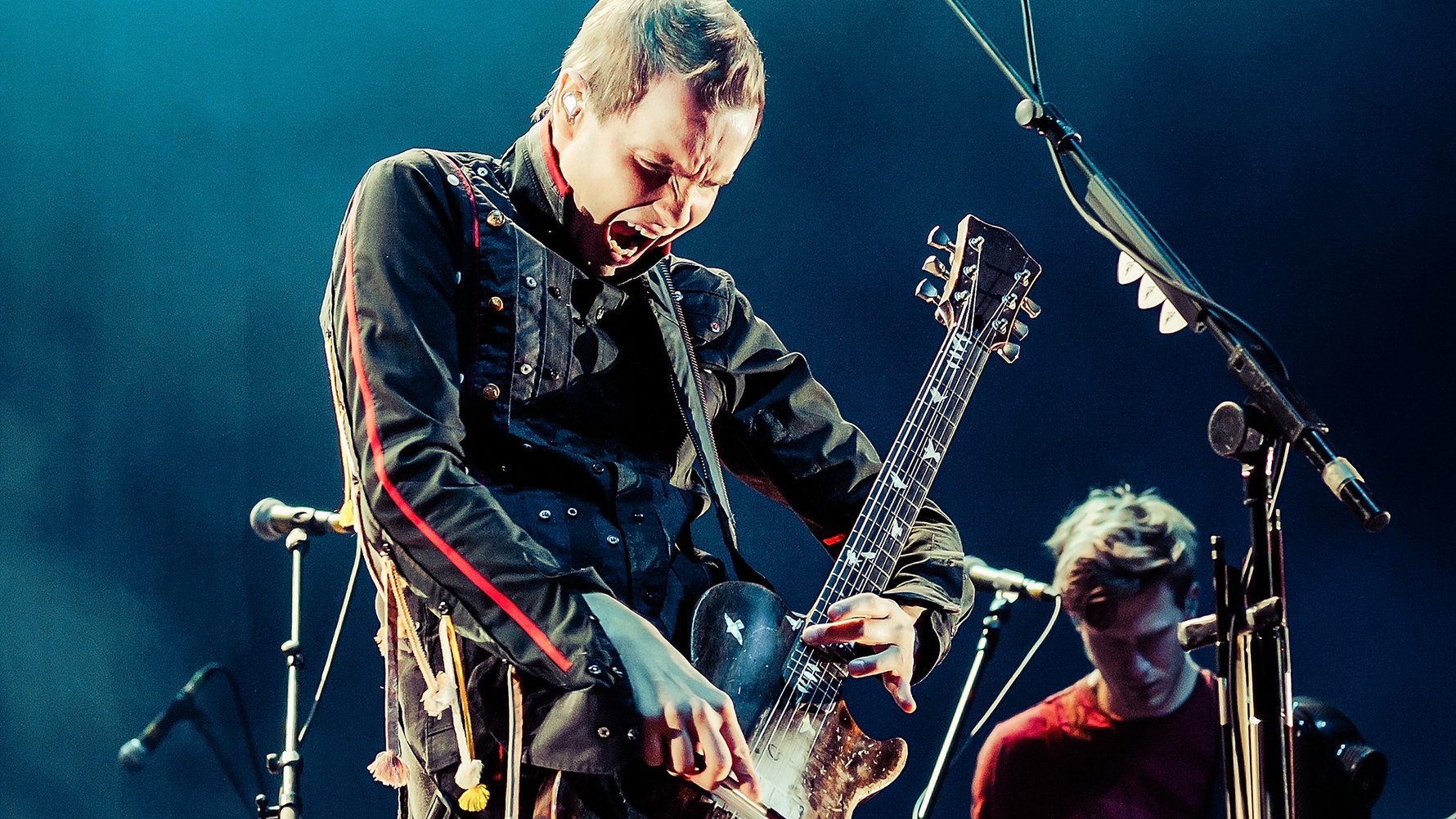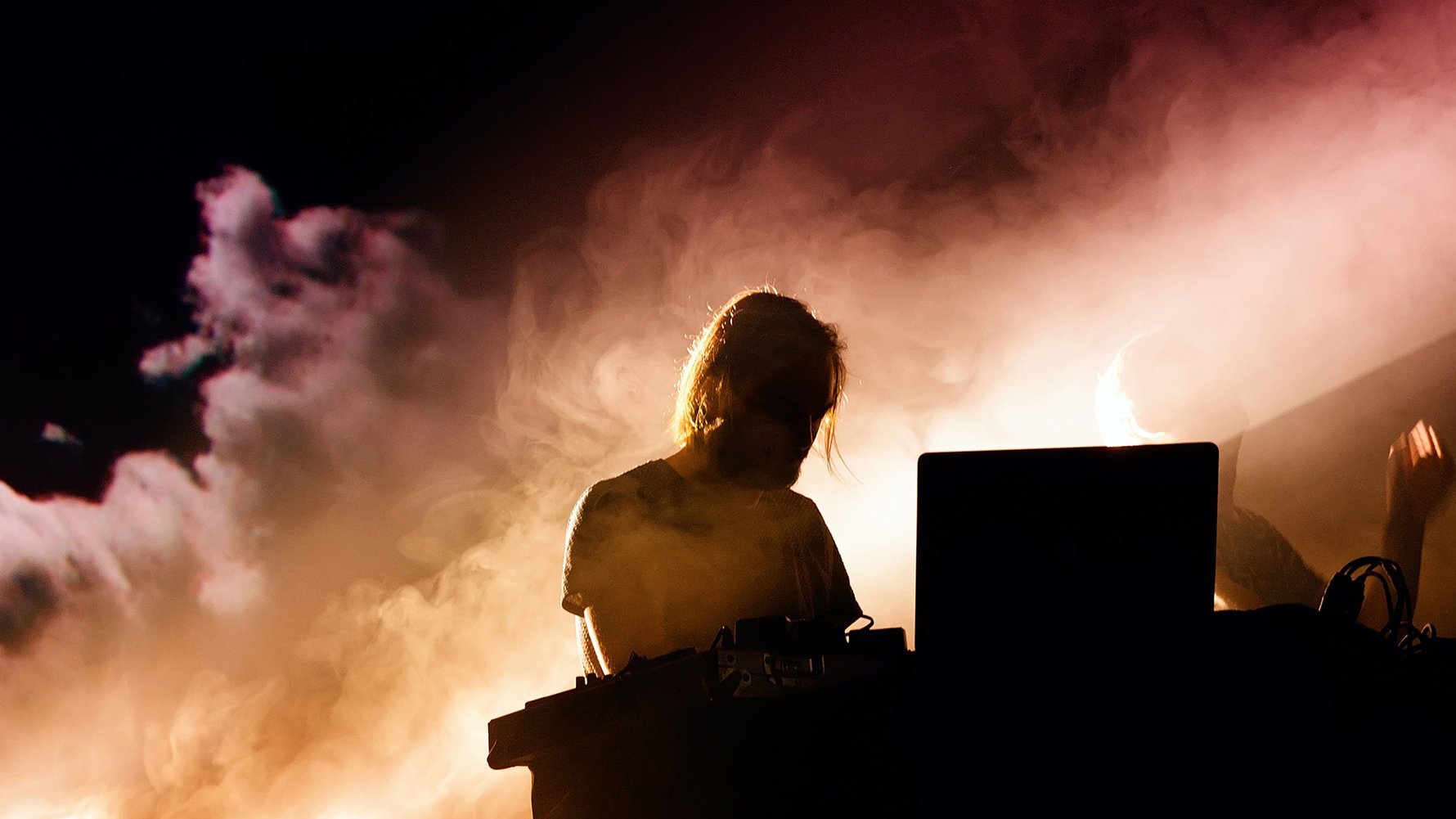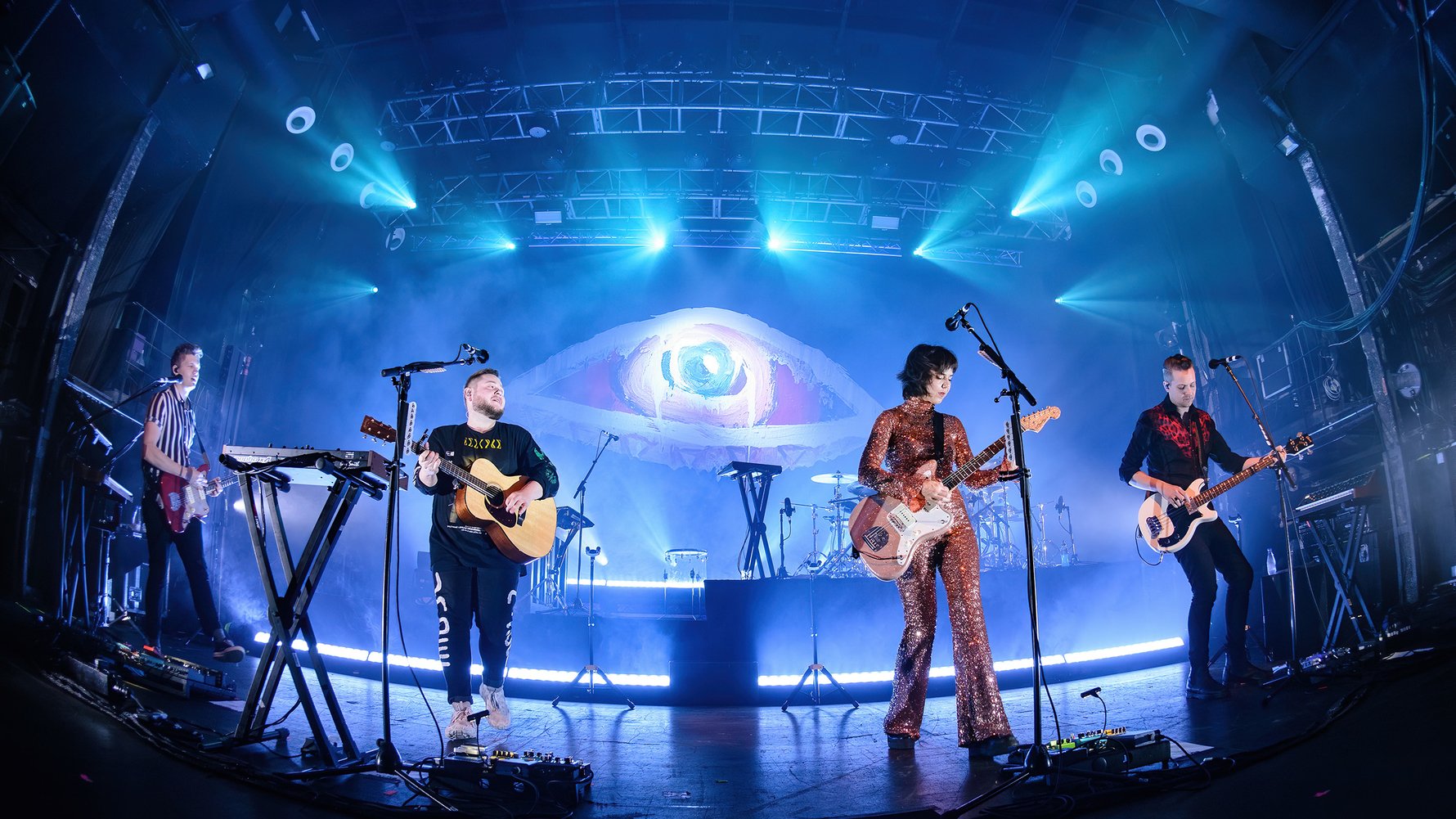
For years, the standard answer to the question has been to commend the environment. Iceland is a beautiful country, the sort of place that gets chosen for filming fairytales, a land that more and more people discover every single year. It is a truly inspiring landscape that could draw romantic poetry from the pores of even the most hardened cynic. It seems like a 2+2 affair; Iceland produces so many musicians because Iceland is so damn beautiful.
But like almost all theories, this one is too simple to be entirely true. French Polynesia is a stunning part of the world with a similar population, but we don’t see musicians from the South Pacific island rubbing shoulders with Jools Holland on NYE. Vanuatu, Barbados and the Bahamas much the same. It can’t just be the cold weather that inspired Björk, Sigur Rós, Ólafur Arnalds, Of Monsters & Men, Low Roar, ADHD, Jóhann Jóhannsson and all the rest, can it?

No, of course not, although maybe all that time indoors does help somewhat. The real reason for the incredible creativity of the Icelanders is more to do with culture and community than anything else. The small population means the latter is somewhat impossible to avoid. It is thought that one in four Icelanders work in a creative career, while an absolutely insane one in 10 have published a book. If you are from Iceland and in a band, you aren’t going to be short of people to get advice from and play shows with. In such a small community, collaboration is key to anyone succeeding. Word of mouth travels fast in small places, and anyone causing a stir will find plenty of like-minded people to help with the stirring.
It isn’t all community though, otherwise all small communities around the world would be producing the quantity of quality that Iceland does. It is the cultural difference that hold the most weight, most notably the concept of competition. This competitiveness holds back musicians across the world, but it does not seem to exist among the Icelandic creative community. This place has been isolated for so long that anyone who makes an international stir is doing a little more to end that isolation, so the success of others is admired as opposed to envied. Icelandic culture is high on encouragement.

This encouragement also goes a long way to explaining why so many internationally acclaimed artists from Iceland are so unique. This is a culture that rewards authenticity and uniqueness, where the only way to stand out from the crowd is by doing your own thing and doing it well. The eccentric is enjoyed here, as opposed to many other cultures where anything vaguely ‘weird’ is pushed to the margins. Icelanders are impulsive people, and this is a place where culture is done as opposed to discussed, a place that is desperate to make up for its lack of political size by compensating in culture. Add to all these factors a high percentage of young people going to study abroad and then — maybe more importantly — returning home, you have yourself a recipe for musical magic. When it comes to creativity, Icelanders are very much like fish in water.

And musical magic is exactly what Iceland produces, seemingly at will. Björk smashed the door down for everyone way back in the early ‘90s, and the conveyer belt hasn’t slowed down since. Sigur Rós took the baton and ran with it, allowing contemporaries like Arnalds to carve out their own niches on the world stage. Long may the magic continue.


Comments